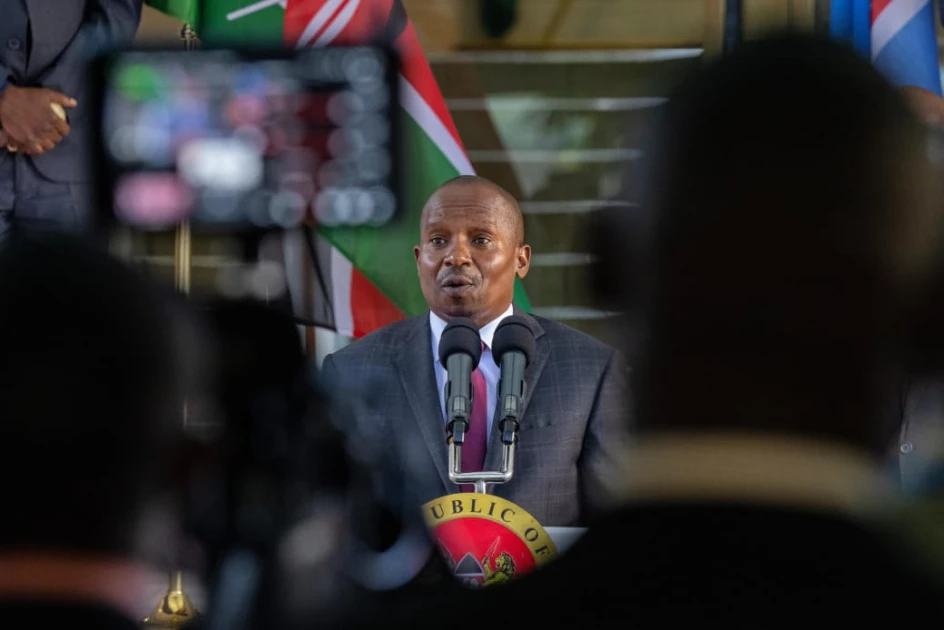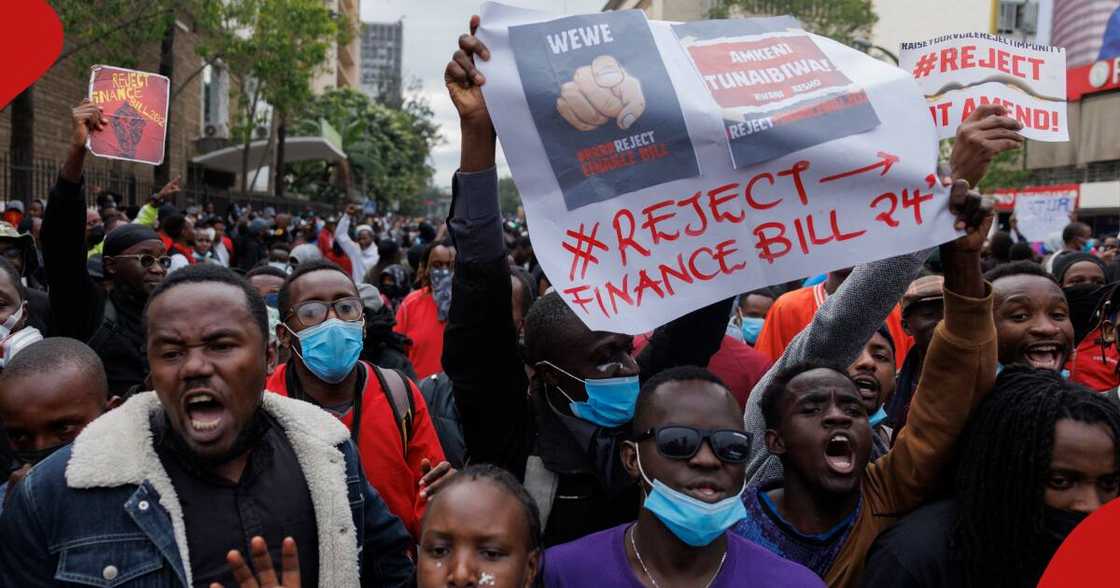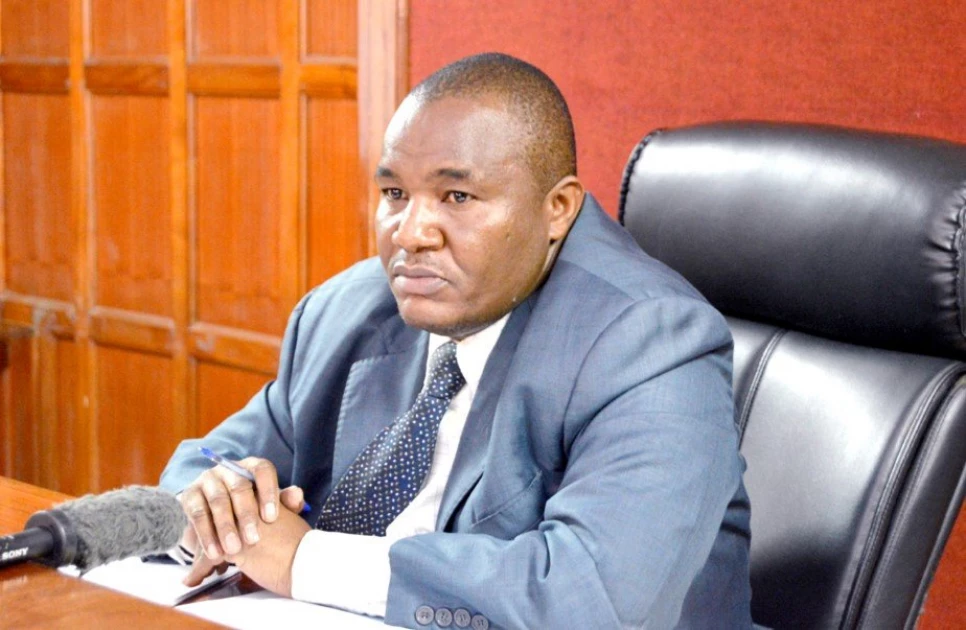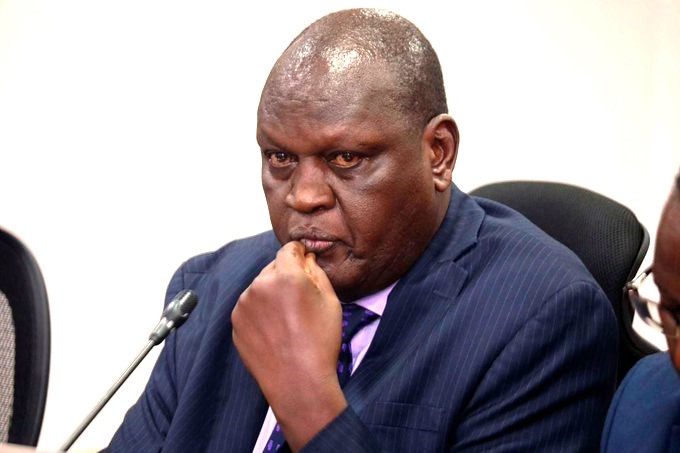Kenya’s intensified crackdown on anti-Finance Bill protesters has created lasting trauma, instilled fear across communities, and ignited profound concerns over justice and accountability. By mid-2024, the Kenya National Commission on Human Rights (KNCHR) had documented at least 73 abductions, though this is likely an undercount, as KNCHR staff ceased updates due to threats from high-ranking government officials.
Families of the missing continue their painful search, haunted by suspicions that some may have been abducted or even murdered by security forces. Disturbingly, the bodies of several missing persons have surfaced in rivers, forests, and isolated locations, bearing signs of severe torture, including mutilation and dismemberment.
Also Read The Dark Reality: Unlawful Arrests and Abductions of Anti-Finance Bill Protesters in Kenya
Reports from Human Rights Watch (HRW) illustrate the grim conditions faced by former detainees and the anguish of families still searching for missing loved ones. Detainees report brutal interrogations, often involving accusations of anti-government activities and relentless torture to elicit information about protest leaders. Accounts describe detainees being whipped and struck with sticks, plastic pipes, and gun stocks. Some endured torture with pliers used to rip out nails and pubic hair, causing excruciating pain.

In addition to physical abuse, detainees were deprived of food and water, with some families forced to pay bribes to secure the release of their relatives. These traumatic experiences have left lasting psychological scars, with survivors and their families living in fear of surveillance, intimidation, and ongoing threats.
The search for justice by families of the missing faces daunting obstacles. Despite Kenya’s constitutional protection of peaceful protest, authorities have criminalized demonstrators, even as evidence shows most protesters were unarmed and peaceful. Detainees recount being forced to unlock their phones and disclose personal information, leading to targeted surveillance and harassment. The climate of fear is compounded by the lack of accountability, as the Independent Policing Oversight Authority has yet to bring charges against implicated officers, hindered by its own challenges and threats.
HRW has called for an independent tribunal composed of both Kenyan and international legal experts to investigate police violence and enforced disappearances, free from government influence to ensure impartiality. International conventions, such as the UN’s Basic Principles on the Use of Force and Firearms by Law Enforcement Officials, emphasize that police must refrain from excessive force and identify themselves during operations, particularly in peaceful protests. However, HRW has documented plainclothes officers deploying lethal force and abducting protesters without warning or identification.
Kenya’s leadership, including President William Ruto, faces increasing pressure to address these abuses and support independent investigations. Although Ruto has denied knowledge of enforced disappearances, his administration continues to treat demonstrations as security threats rather than expressions of civil discontent. HRW’s demands for the suspension of implicated officers and disbanding of units tied to arbitrary arrests highlight the urgency of reform in Kenya’s law enforcement approach.
The call for justice underscores the importance of independent investigations and international oversight in protecting the rights of Kenyan citizens. Parliamentary hearings in 2023 revealed that over 70% of Kenyans opposed the budget cuts that initially sparked peaceful protests, only to see the state respond with an iron fist. As civil society and international advocates press for accountability, Kenya’s government is at a crossroads. Its response will be a defining statement on Kenya’s commitment to justice and the protection of human rights.





